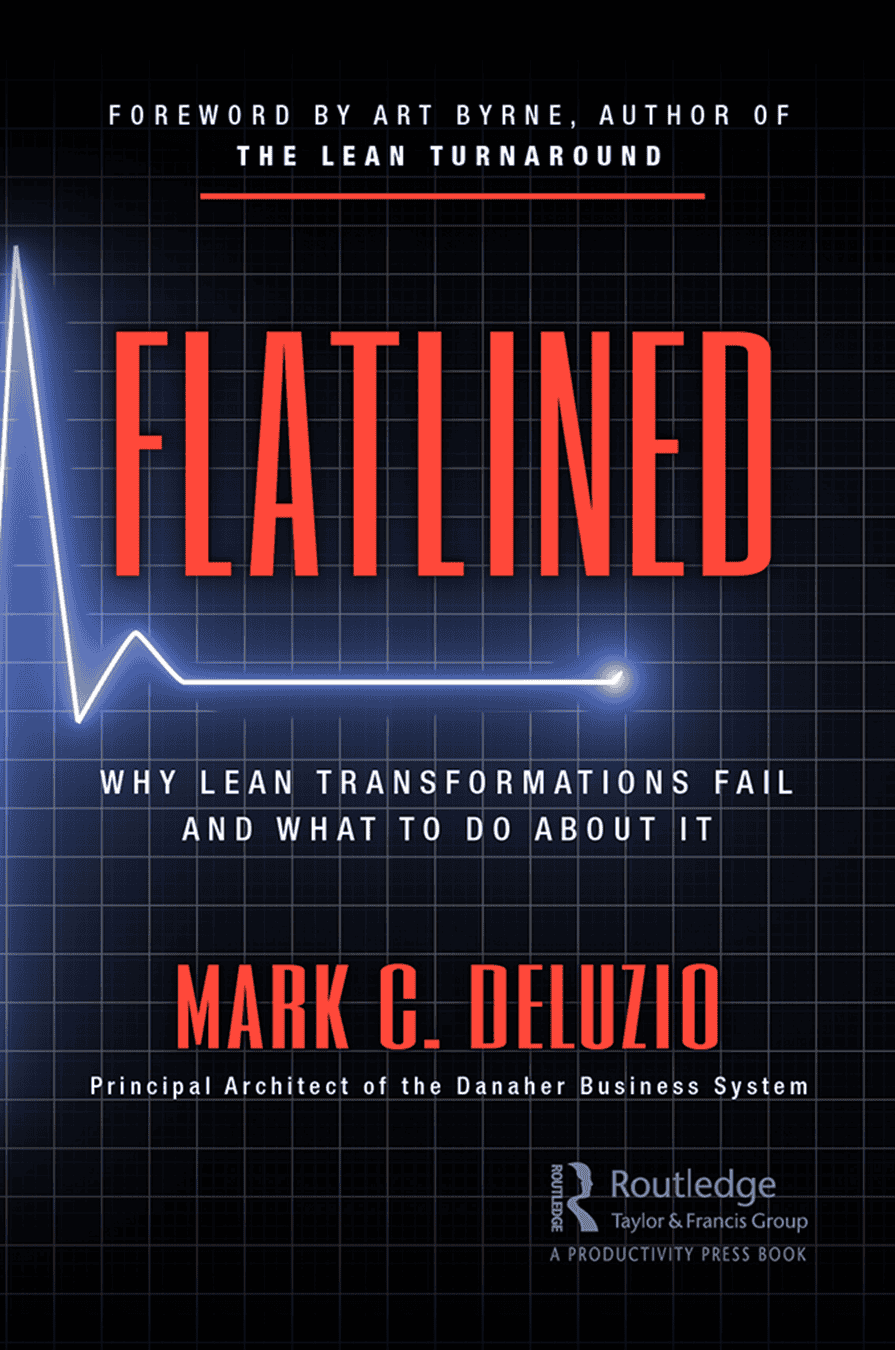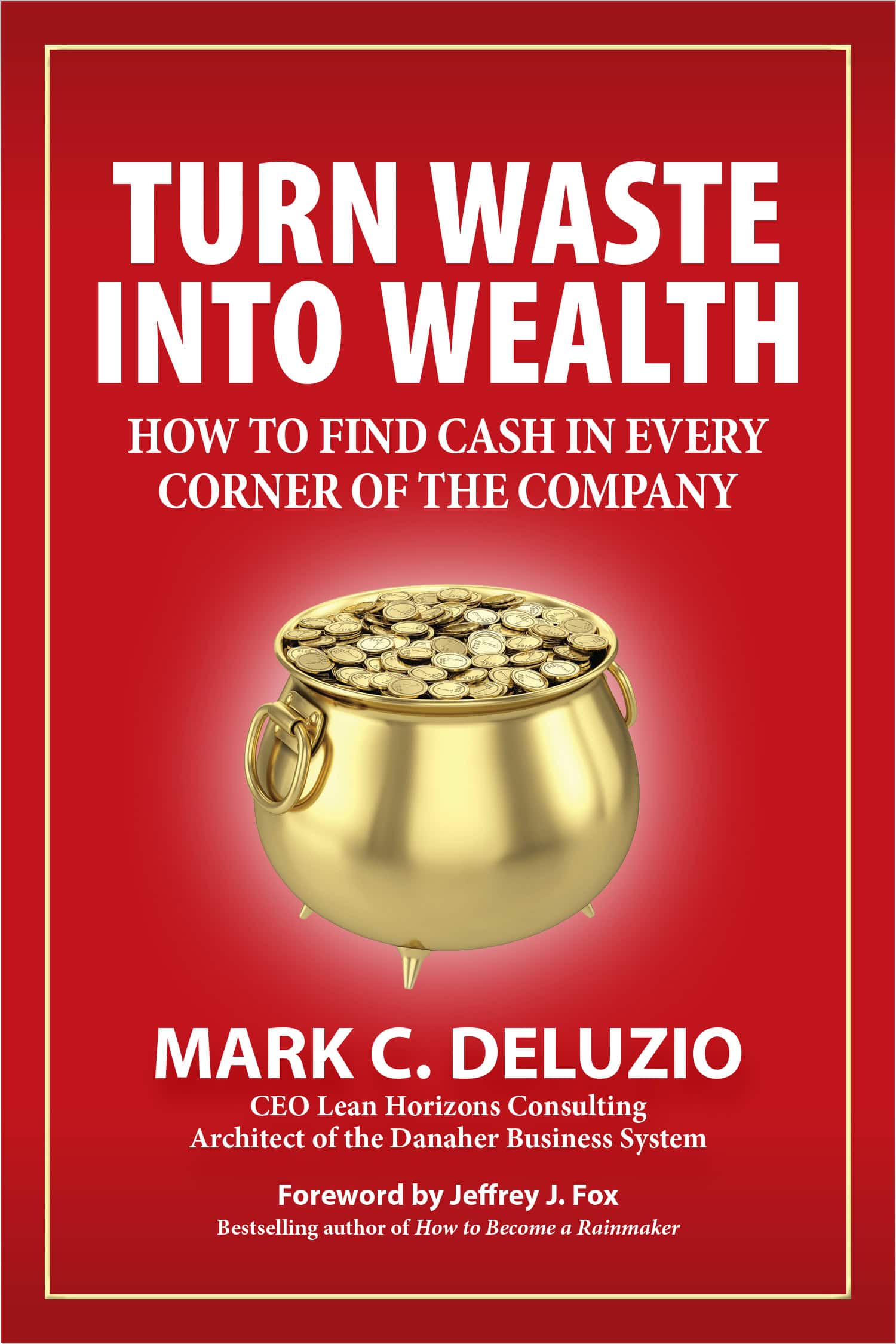Organizations across industries are constantly seeking ways to reduce waste, improve efficiency, and enhance their competitive edge. When it comes to addressing these challenges and optimizing business efficiencies, there are two management approaches that stick out: functional management and value stream management. In this month’s article, we will explore the stand-out differences between these management approaches and how they align, or don’t align, with Lean Horizons’ approach to optimizing business productivity. Keep reading to learn why Lean transformation embraces value stream management, and why it’s a game-changer for businesses striving for excellence.
Functional Management: A Traditional Approach
Traditional business methodologies such as functional management have been the bedrock of operations for many organizations over their lifespan. Functional management is an approach to organizational structure that divides responsibilities and tasks into separate departments. From functional silos, to batch processing, traditional business methods have yielded positive results in the past. However, functional management comes with certain limitations that can hinder progress in the modern landscape of business. Some features of these traditional methods include:
1. Functional Silos
Many organizations operate in functional silos, meaning that departments remain separate without cross collaboration. While this may have worked for companies in the past, we have found that functional silos can create communication barriers between team members and hinder overall success as a result. The opportunity to collaborate between departments is increasingly important, as it allows all parts of the organization to share what’s working, offer various perspectives, and generate ideas internally throughout the organization.
2. Batch Processing
Functional management often prioritizes batch processing, where tasks are grouped together and complete in large quantities. Overall, this approach can lead to inefficiencies and higher lead times. Plus, it can be difficult to control the quality.
3. Limited Adaptability
As compared to value stream management using Lean principles, traditional methods are less adaptable to change and can create challenges for businesses in their ability to respond quickly to evolving market demands. There is less room for flow and more opportunity for waste, whether in the form of excess inventory, unnecessary processes, or overproduction.
The Lean Difference: Embracing Value Stream Management
On the other hand, value stream management is well-rooted in a philosophy of continuous and easeful improvement and holds a holistic perspective of business operations. Value stream management not only aligns with Lean thinking, it focuses on cross functional collaboration and emphasizes creating a work environment where the entire organization is adapted to identify and eliminate waste, and improve processes. All employees across each department are encouraged to share ideas and approach their work with customers in mind.
Lean Horizons embraces value stream management and has experienced first hand how these principles have produced more desirable outcomes than more traditional methods such as functional management. Some incremental value stream management methods include:
1. Waste Reduction
When it comes to waste management, value stream management approaches businesses with Lean principles in mind: the name of the game is to minimize waste in all ways possible. Our goal is to help organizations streamline their operations and reduce, and ultimately eliminate, unnecessary costs by eliminating activities that do not add value to the customer, and training leaders of the organization to identify waste. This results in “leaner” processes and leads to increased profitability.
2. Flexibility and Adaptability
As compared to functional management, value stream management methodology allows businesses to adapt quickly to changing market conditions. This agility is vital in today’s dynamic business environment, where unforeseen opportunities and challenges can surface at any moment.
3. Customer-Centricity
Like Lean Horizons, value stream management places a strong emphasis on understanding and meeting customer needs. This approach encourages organizations to align their operations with customer requirements and demands so they can enhance customer satisfaction and loyalty. Overall, prioritizing customers will drive growth and increase profit.
4. Continuous Improvement Culture
One of the most defining features of value stream management is the cultivation of a culture of continuous improvement. Employees at all levels are trained and encouraged to identify opportunities for enhancement, fostering a more engaged and empowered workforce.
Lean Horizons: Transforming Organizations
Lean Horizons has a proven track record of supporting organizations looking to transform their operations through incorporating value stream management methodologies. Whether in service industries, healthcare, or manufacturing, Lean Horizons’ approach has consistently delivered tangible results:
- Increased Efficiency: Lean thinking has led to substantial improvement in process efficiency, reducing operating costs and lead times.
- Profitability Gains: Waste reduction efforts and operational improvements often yield significant profitability gains.
- Enhanced Quality: By focusing on quality at every stage of the process, Lean Horizons helps organizations deliver services and products that not only meet but exceed customer expectations.
Sustainability: Lean Horizons supports sustainable practices by reducing waste and ensuring the productivity of an organization is efficient.
Lean Principles and Value Stream Management: Path of Least Resistance
Between these two approaches to organization management, value stream management clearly emerges as the champion of efficiency, customer-centricity, and adaptability. In today’s competitive landscape, where change is constant and efficiency is paramount, Lean methodology offers organizations the tools that will help them to thrive.
If you or your organization is inspired to unlock your full potential and ensure a brighter, more sustainable future through Lean transformation, contact our team at Lean Horizons Consulting to learn more.

